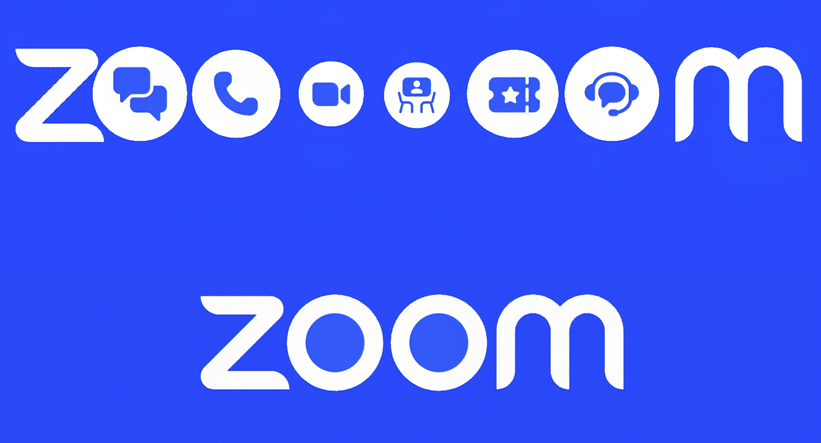
Phishing attacks—where hackers try to collect personal information using deceptive emails and links—continue to impact organizations of all sizes.
It’s been well documented that phishing as an attack vector has exploded over the past several years. SlashNext reported that over the first six months of 2022, there were over 255M attacks, a 61% increase in the rate of phishing attacks compared to 2021.

